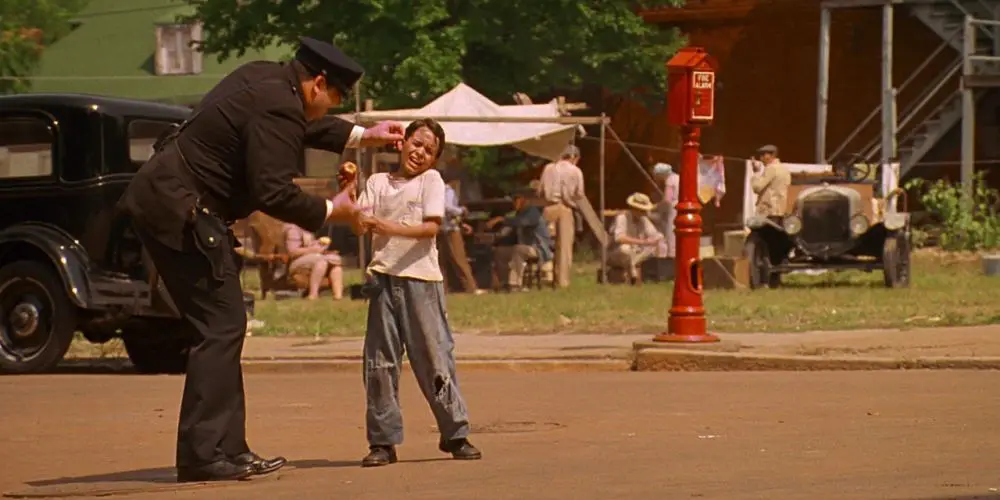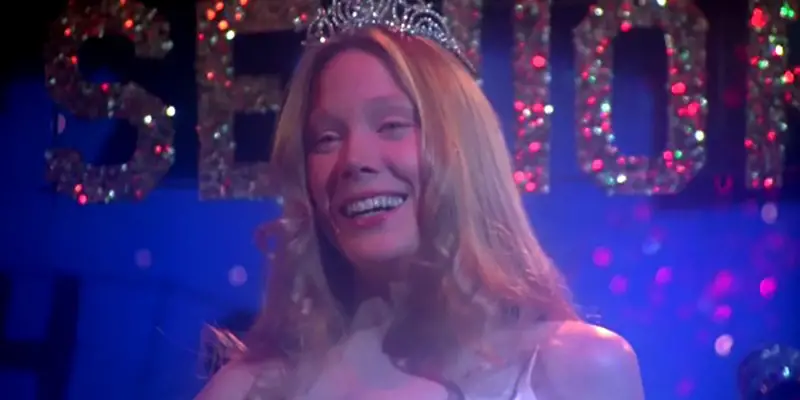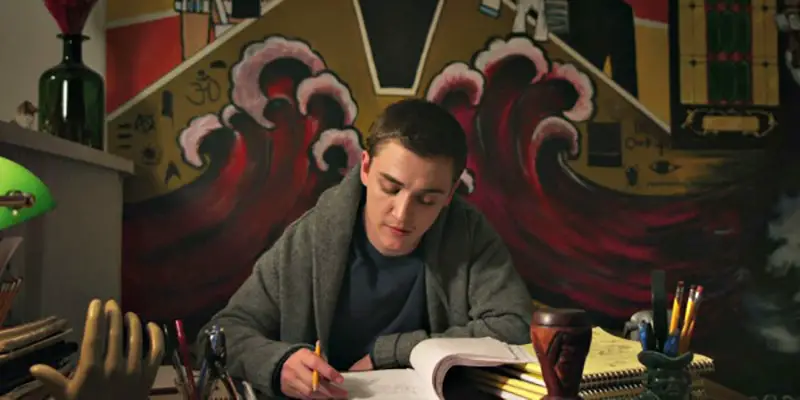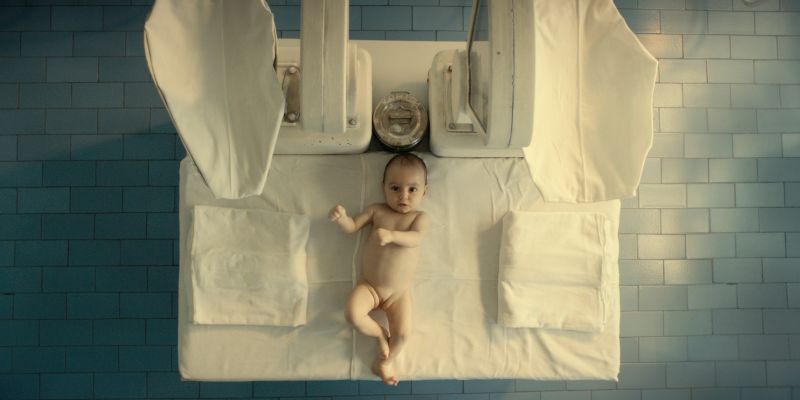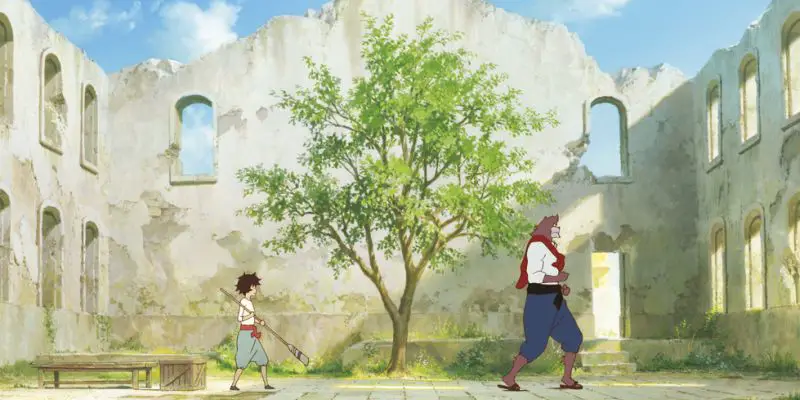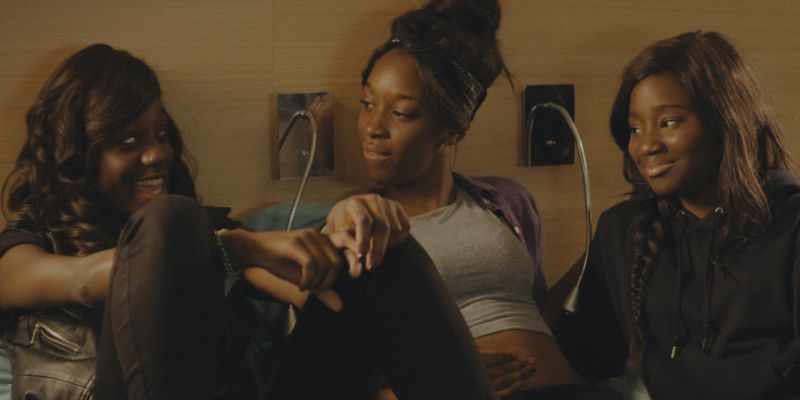coming-of-age
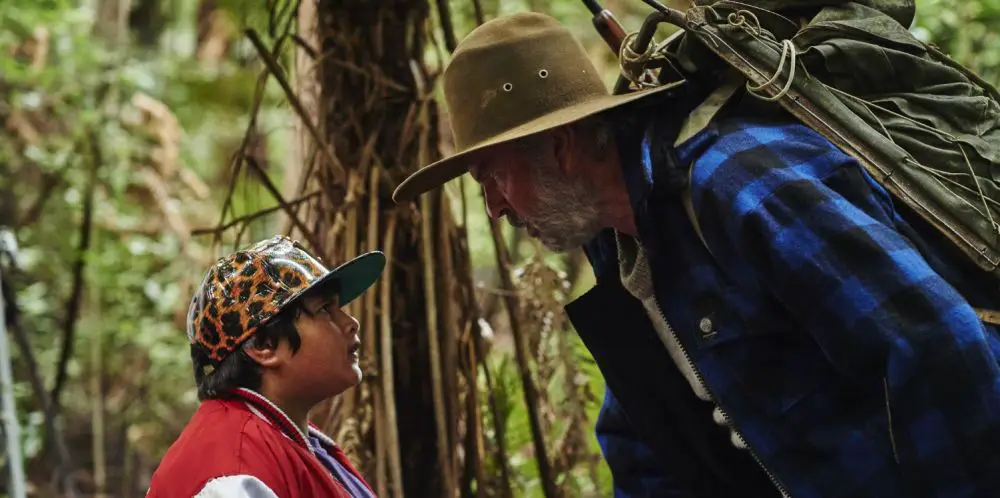
Like much of writer/director Taika Waititi’s other work, Hunt for the Wilderpeople finds humor in asking us to laugh at its characters. They all have some ridiculous traits, and we’re free to have fun at their expense. Some of them are delusional, some of them are myopic, and some of them totally lack self-consciousness.
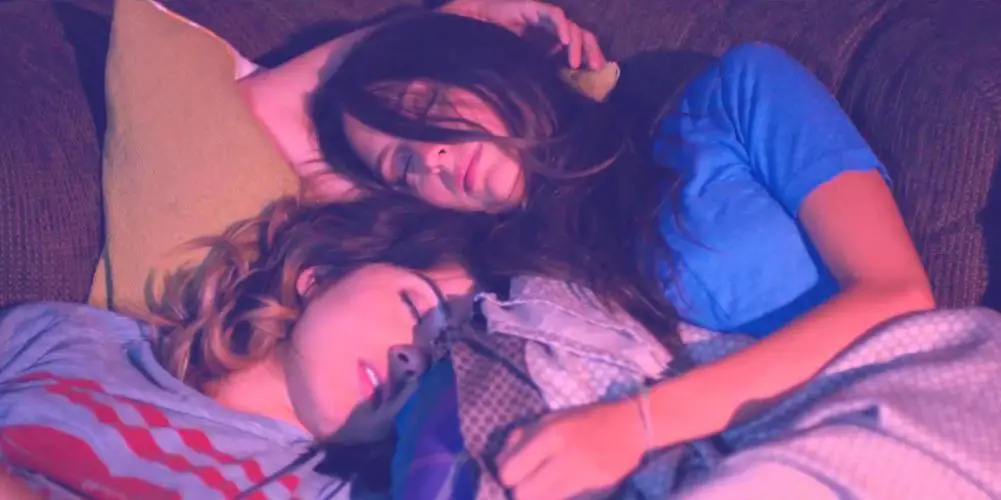
Up-and-coming filmmaker John Carchietta has co-directed and produced several thrillers like Late Fee and The Hills Run Red. He is one of those true horror fans who really knows his stuff. But recently Carchietta proved that he can tackle multiple genres with the debut of his first solo project, a queer romantic thriller called Teenage Cocktail.
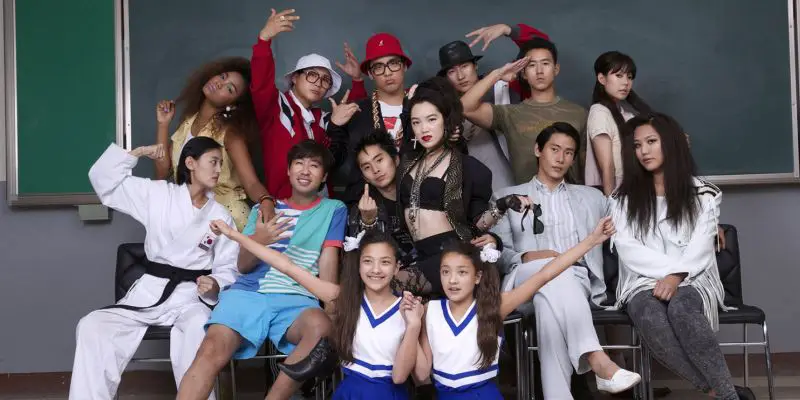
Growing up as a first generation Asian American, I looked to television and cinema for hints to “fit in” with all the other Americans, to improve my grammar and English, to embrace the idea of being American. In that transition, I severed some of my Filipino roots. I can understand Tagalog, but I can’t speak it.
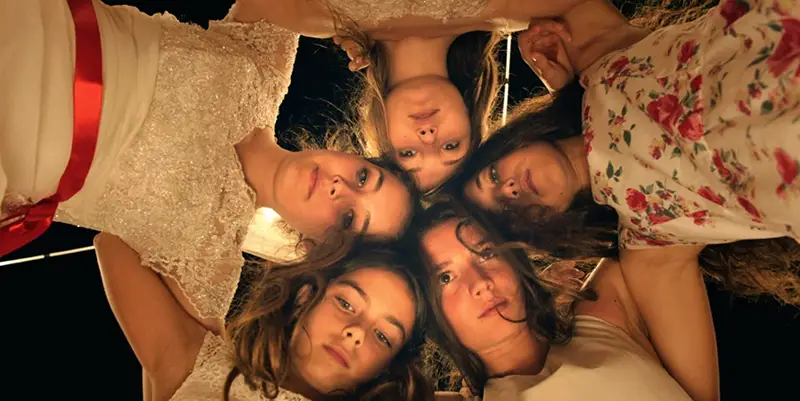
Every year, we get countless reports that there isn’t enough diversity in Hollywood storytelling. In the past couple of weeks alone, GLAAD’s annual media report has shown that LGBT diversity is only visible in TV, whilst Asian-American actors have begun a protest website called “Starring John Cho”, to highlight the lack of leading roles given to people of their ethnicity. A story that needs to be told There was a line in GLAAD’s celebration of diversity in independent cinema that rung alarmingly true, as they highlighted that diverse audiences shouldn’t have to look to the arthouses for films that relate to them.
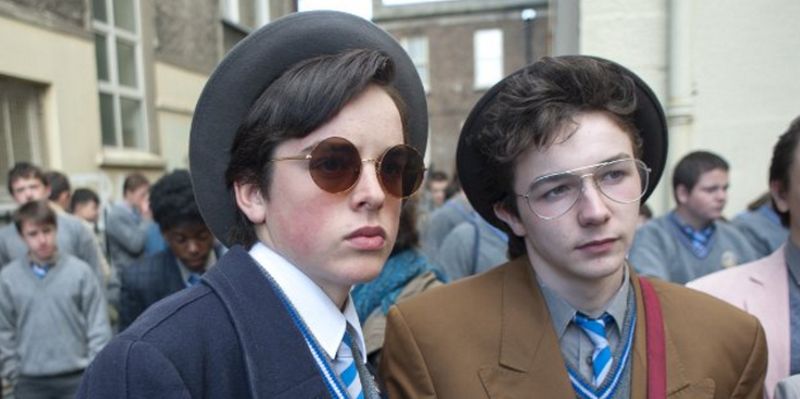
Director John Carney’s most beloved films are all about the idea of “authentic” music, with protagonists who are either singer-songwriters or bands all struggling to make a living when soulless pop is all that is keeping the music industry alive. His previous film Begin Again was about a struggling singer and a washed-up music producer making a concept album that laughed in the face of pop music’s obsession with inauthenticity. The characters were celebrated in the film, despite making an album of beige-sounding Starbucks music that seemed to ignore that rock’n’roll is so exciting because of its lack of authenticity.
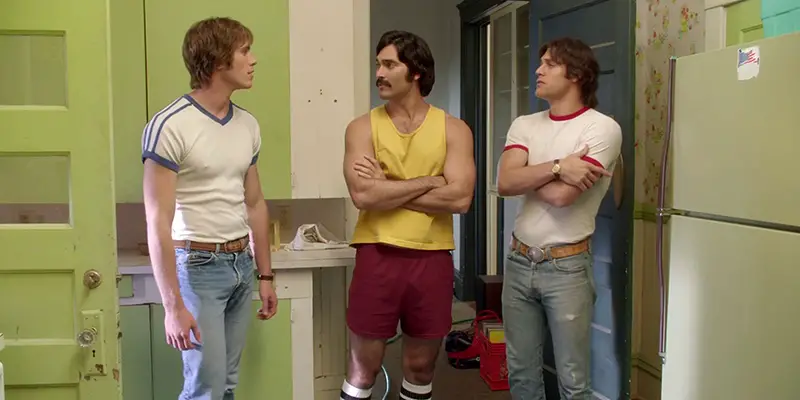
Richard Linklater may be the definitive coming-of-age filmmaker of our time, effortlessly blending John Hughes indebted stories of young people coming to grips with their own identities, with an Altman-esque ear for naturalistic dialogue. His films feel timeless, yet completely of their time – snapshots of a generation that will remain beloved when the next generation of cinephiles lay their eyes on them. A “Spiritual Sequel” His latest film, the punctuation-friendly Everybody Wants Some!!
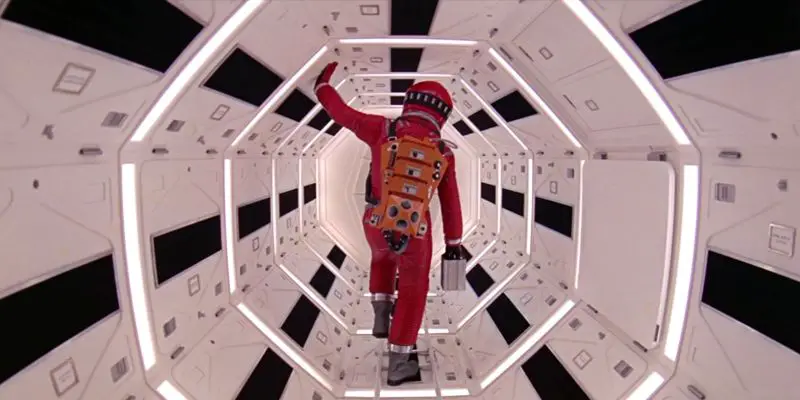
Stanley Kubrick’s classic sci-fi epic, 2001: A Space Odyssey, is a fictional transcendence of classic Greek mythos through the ubiquity of the motion picture camera. As the film’s title suggests, this is Greek philosopher Homer’s The Odyssey told on the grandest of scales and sparing no expense that 20th Century cinema had to offer.
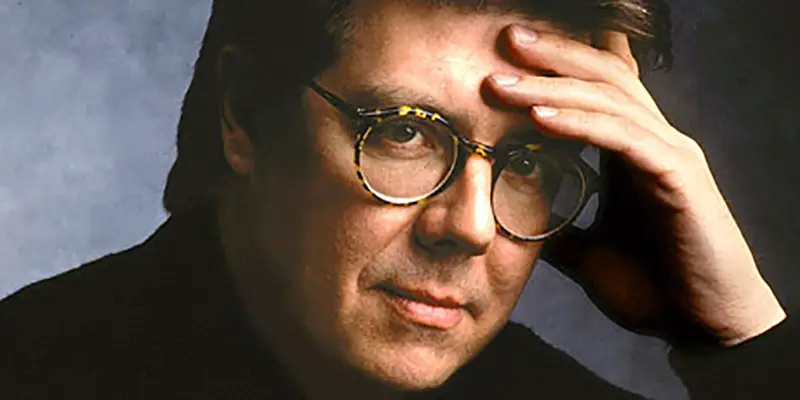
Accurately reflecting teenage experience in film is no mean feat, and there aren’t many filmmakers to achieve it like John Hughes. Born in Michigan in 1950, Hughes described himself as a “quiet kid” who loved The Beatles. Aged 12, he and his family moved to the Chicago suburb Northbrook in Illinois.
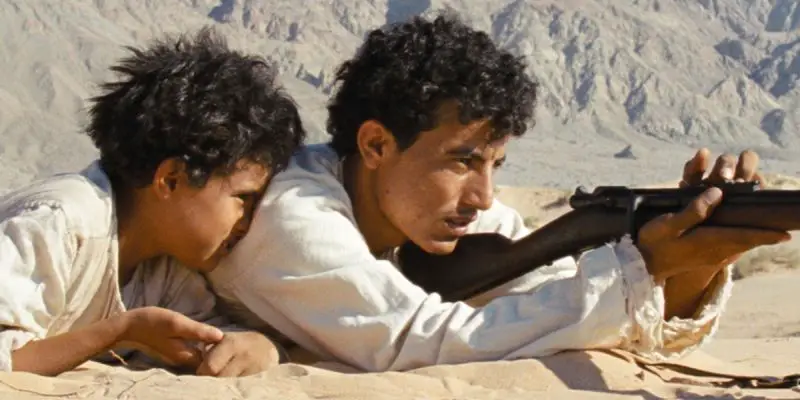
Theeb is an excellent film from this past year, and I’m afraid the precious few people will make it out to see it due to the lack of distribution. Had it not been nominated for the Best Foreign Language Film Oscar this year, I probably would have never come across this little gem. Theeb is set in 1916 toward the end of the Ottoman Empire, in a province known as Hijaz (around Saudi Arabia and Medina) where two brothers, who hail from a family nomads, escort a British soldier with a mysterious wooden box to the Ottomon railway.


